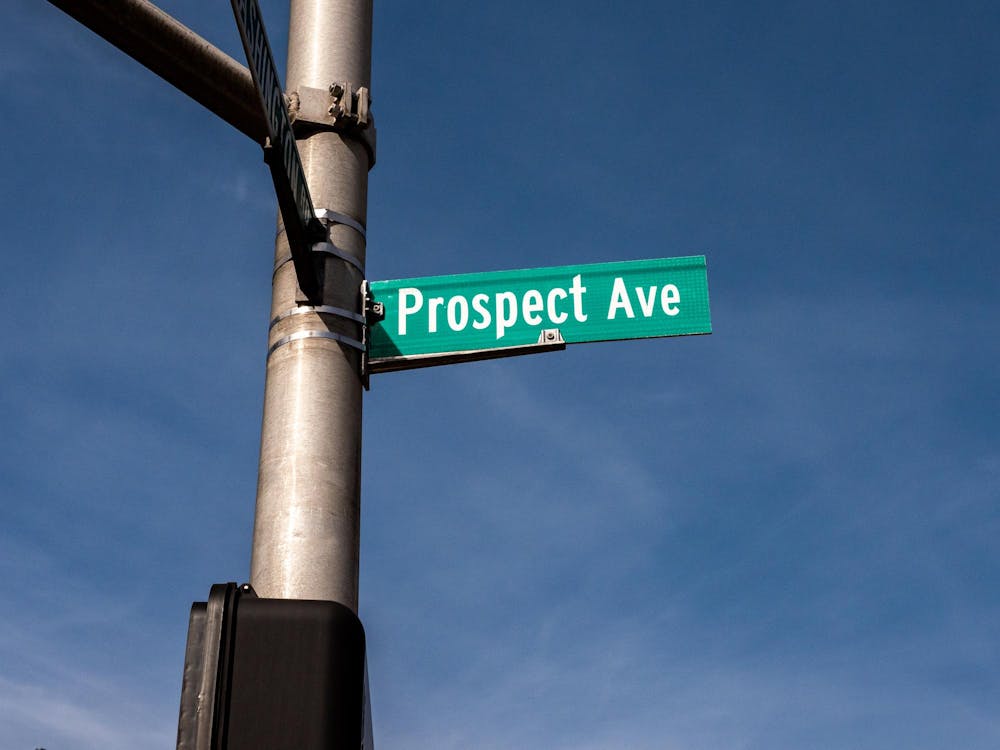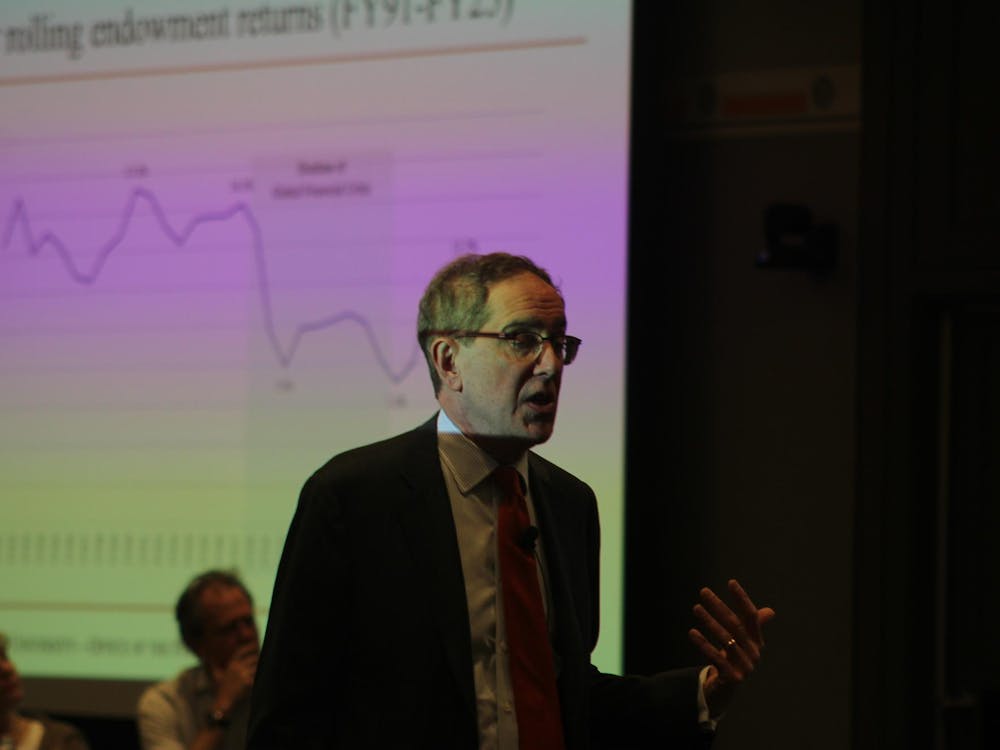The Princeton Libertarians — a political group formerly known as the College Libertarians, which existed until 2013 — has recently been revived.
Club president Andy Loo ’16 said that he revived the club to promote intellectual discussion on the political philosophy of libertarianism, explaining that libertarianism is predicated on the idea of self-ownership.
“All libertarian theory is based on one premise, which is the concept of self-ownership — each person owns his body and his property and the consequence of this is that no one should initiate physical force on another person either directly or indirectly," Loo said. "You should not force others nor should you accept others’ attempts to force you.”
Loo added that a libertarian philosophy states that the government’s role is to protect human rights from physical aggression. He added that the government can never violate these rights, and should never use force against anyone other than criminals. The government can use force against criminals, he said, because criminals themselves have violated human rights by using force against others.
Loo noted that an estimated 20 students recently subscribed to the Princeton Libertarians email distribution after he sent out a recruitment email.
The organization currently has access to an account fund handed down from former leadership and will also look to solicit funding from the Projects Board and possible sponsorships for future initiatives. Some of the plans for the organization involve discussion tables, speakers and managing the new webpage.
Loo said he changed the organization name from College Libertarians to Princeton Libertarians in order to avoid misconception that the organization is affiliated with the Libertarian party, saying that the organization is an intellectual organization rather than a political one.
Loo said both Republicans and Democrats have certain similarities and differences with libertarians — for example, both Republicans and libertarians advocate for a free market, he said, while Democrats are actually more liberal and openon issues like drug control and marriage rights.

“So there are differences between the two parties,” he said. “But the interesting thing is that it seems to me that the free market and these civil liberties are the same kind of thing. They cannot be squarely separated — all it amounts to is the man’s right to action ... a man’s right not to be forced by other people."
College Republican president Evan Draim ’16 said he was excited about the possibility of collaborating with the Princeton Libertarians in the future.
“I think it’s great,” Draim said about the revival of the Princeton Libertarians. “It shows how diverse the conservative movement is. A lot of people complain that there’s too many factions, I think it says something that we’re able to represent so many different groups.”
Draim also added that there is an overlap in membership between the two organizations as many College Republicans also identify as libertarians, noting how the former president was also a Libertarian. Draim added that the College Republicans have more in common with the libertarians than most other groups on campus, and that he sees the Princeton Libertarians as a continuation of the College Republicans.

Juliet Garrett ’15, co-president of the College Democrats, said that there was not much of an ideological overlap between the College Democrats and the Princeton Libertarians. However, she added that they would overlap on issues of self-determination with regard to social issues.
“Libertarians are basically neoliberals and they believe that freedom is in not being interfered with sort of at all, which is why they’re … for a lot of individual self-determination,” Garrett said.
Garrett also noted that Libertarians would be more involved with discussions involving political theory, as opposed to the active campaigning more typically conducted by both the College Republicans and the College Democrats.
Loo said he hopes that the organization will encourage greater intellectual discussion regarding the ideas such as liberty on-campus.
“What we’re doing is more about spreading ideas or the political philosophy of libertarianism, and I think other groups are more focused on the actual public policy and elections. I think we are currently filling in a space which is currently lacking in campus — which is a intellectual group that truly advocates personal liberty,” Loo said.







